
|
June 1, 2020
COVID-19
Early Learning and Elementary Snapshot
Take Me Outside

|
|
|
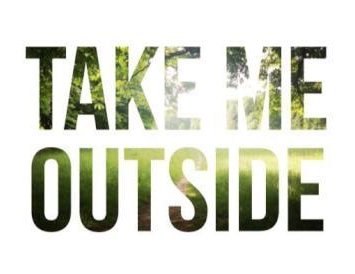
| As social distancing has become a common practice and we are trying to understand how to protect ourselves and our children, there has been some confusion as to whether we can take our kids out to play. According to
the Government of Canada website the list of things you can do at this time includes going outside - so long as you make sure you stay at least two metres from people who are not in your "bubble". In fact, Dr. Bonnie Henry states
that "COVID-19 is much less likely to spread outdoors".
|
|
|
If you are like most families, your screen time has increased substantially during the stay at home directive. Your devices have become portals to employment and education; ways to keep you inside and build community, and vital reminders that you’re not alone. They are a way to keep your kids occupied while you are working from home - trying to balance video meetings and "part time teacher." And that is okay. However, finding time to take your children outside, even if it’s for ten minutes between meetings is something fairly simple you can do to support their mental and physical health.
|
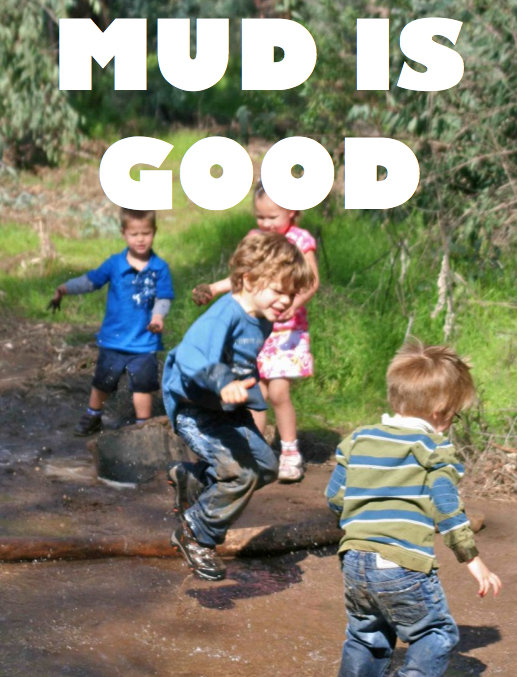 |
|
|
|
Why Go Outside?
Recent studies have exposed the benefit—even necessity—of spending time outdoors, both for kids and adults. Some argue that it can be any outdoor environment. | Some claim it has to be a “green” environment—one with trees and leaves. These nuances aside, most of the studies agree that kids who play outside are smarter, happier, more attentive, and less anxious than kids who spend more time indoors. Here are some reasons why:
|
| |
|

Sunshine.
Our bodies need sun. We need sun exposure to make vitamin D which plays a role in our immune system as well our sleep and mood. | 
Exercise.
Children should be active for an hour every day, and getting outside to play is one way to be sure that happens.
|
|
|
|
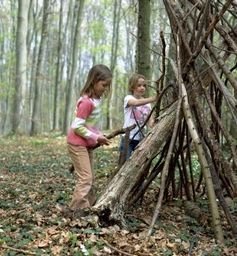 |
Socialization.
Children need to learn how to work together (abiding by social distancing protocols). They need to learn to make friends, how to share and cooperate, how to treat other people. If they only interact in very structured settings, such as school or sports teams, it is difficult for them to learn everything they need to know.
|
| |
|
Executive function.
These are the skills that help us plan, prioritize, troubleshoot, negotiate, and multitask, skills that must be learned and practiced. To do this children need time alone and with other children, and be allowed to make up their own games, figure things out, and amuse themselves. Being outside gives them opportunities to practice these important life skills.
|
|
|
Appreciation of nature.
Our environment is changing and if a child grows up never walking in the woods, seeing animals in their habitat, climbing a mountain, playing in the ocean or a stream they may never really understand what there is to be lost. The future of our planet depends on our children and we need to help them to appreciate it.
|
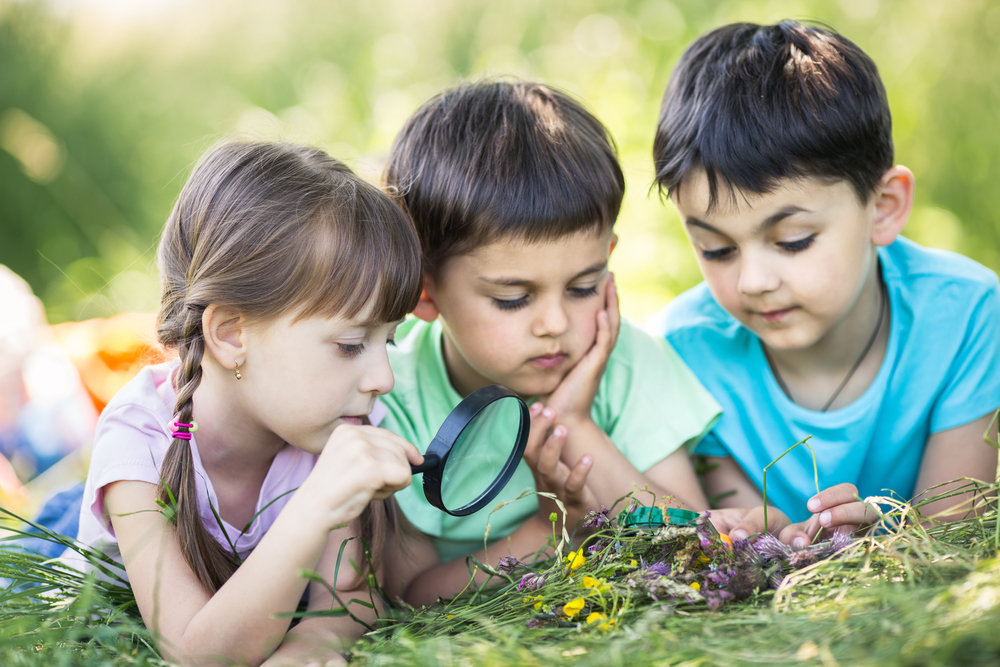
|
|
|
|
|
Taking risks.
Children need to take some risks. As parents, this makes us anxious; we want our children to be safe. However,
risky play gives children the opportunity to extend their limits and learn life skills. Movements such as, swinging, climbing, rolling, hanging, sliding are essential for their motor skills, balance, coordination, and body awareness. Risk also allows children to push themselves to the limits of their capabilities and to learn boundaries in a safe environment supported by parents.
|
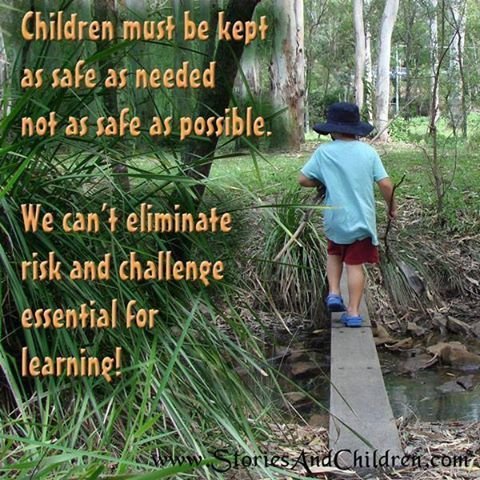
|
|
|
DIY Outdoor Obstacle Course During this time when playgrounds are closed consider building a DIY obstacle course, inspired by the video below! You probably won't have have access to piles of wood pallets, ziplines, or enough lumber to build a warped wall, but click on the button below for inexpensive everyday items that you can use to get your kids started creating an obstacle course of their own! ...

|
|
|
|
|
The beauty of this video is how it showcases both the benefits of risky play and the tremendous potential that our children have for mastering movement.
|
|
|
Promotes Positive Mental HealthNature-based recreation has a strong potential to improve mental health outcomes for children and adults in areas of general well-being, resilience, restoration, and learning. It also has potential for decreasing symptoms of anxiety and stress by reducing levels of the hormone cortisol in the brain. Research states that it can reduce stress and anxiety by as much
as 28% in children.
|
|
|
|
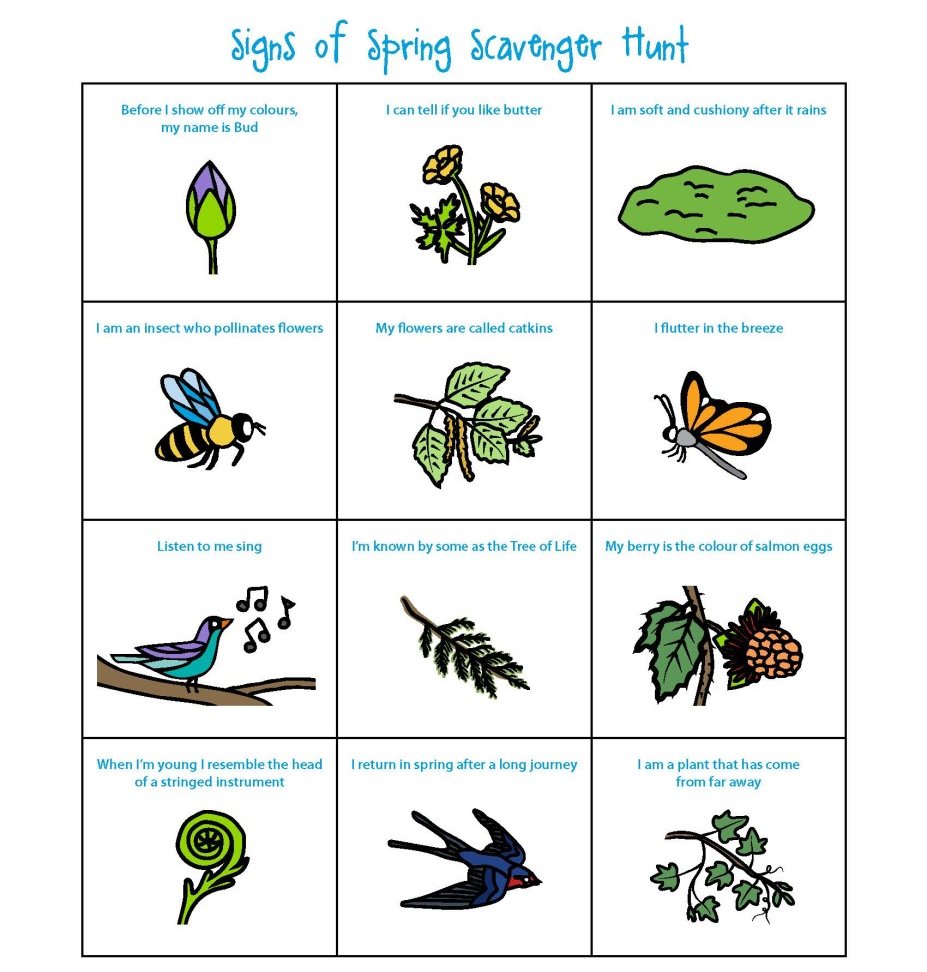 | Nature Activities So while screen time may be easier and a more popular choice with your children, it is important to set aside time for outdoor play! Here are some fun nature based activities for children created
by Habitat Conservation Trust Foundation.

|
| |
|
|
Free Veggie Plants!
LifeCycles and Farm to School BC are excited to offer two more weeks of vegetable seedling distribution for SD61 families and staff as part of the City of Victoria's "Get Growing" initiative! Last week, we distributed over 6000 seedlings to nearly 700 families, and supported school gardens with several hundred more plants!
Did you pick up plants last week? If so, visit
the Growing Together website to learn more about how to care for your seedlings! This site has video tutorials and growing tips specific to our region.
From June 1- 4, we will have the following plants available: cucumber, zucchini, squash, chard, basil, parsley, lettuce
For the next two weeks, there will be a limit of 6 plants per household. Check out the
poster for distribution locations and times. For more information about this initiative, visit:
LifeCycles Project
|
| |
|
|
|
|
|
Click the button below for a comprehensive list of Community Services and their availability during the pandemic.

|
|
|
|
|
|
|
|
Learning Resources for Students with Complex Needs
|
|
|
|
|
| Food Resources for Families
|
|
|
|
|
|
|
|
|